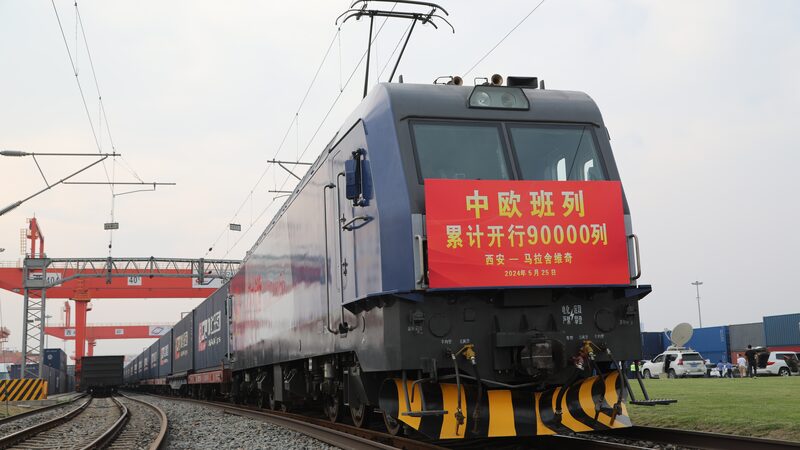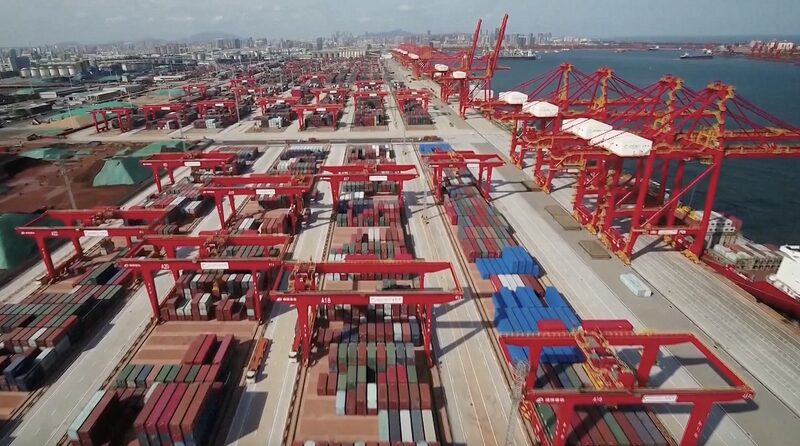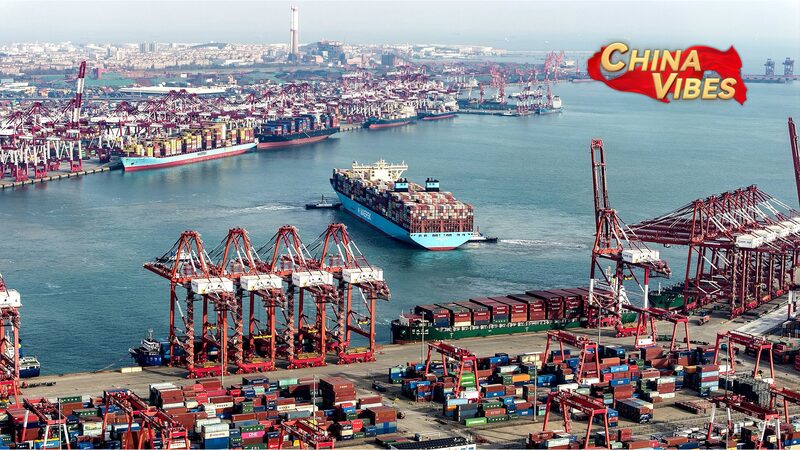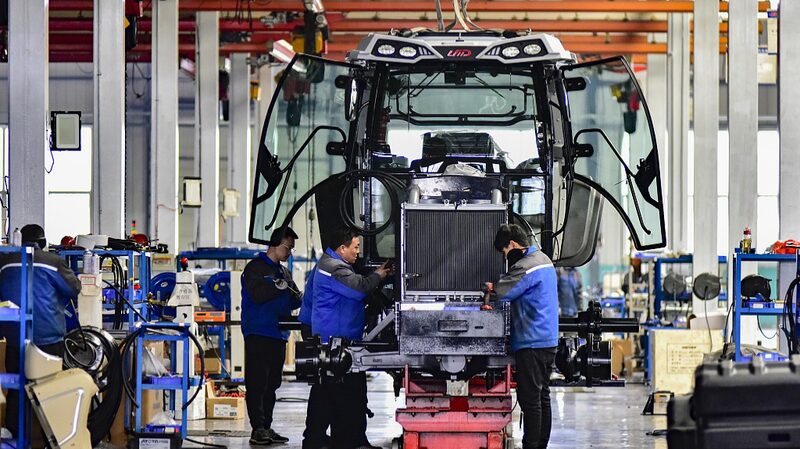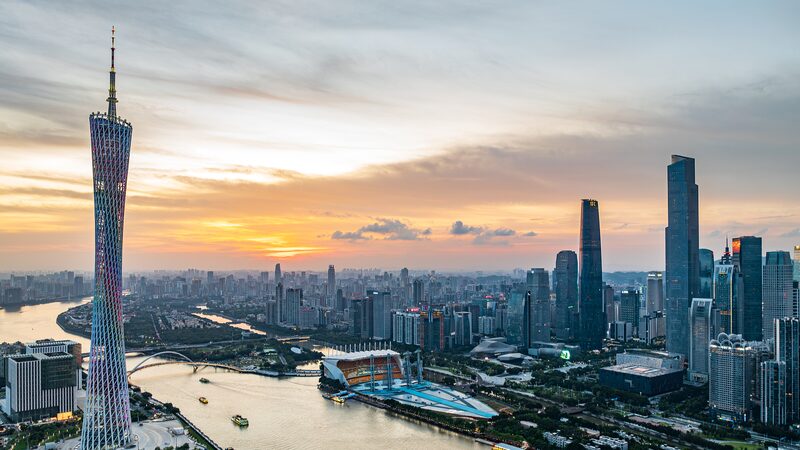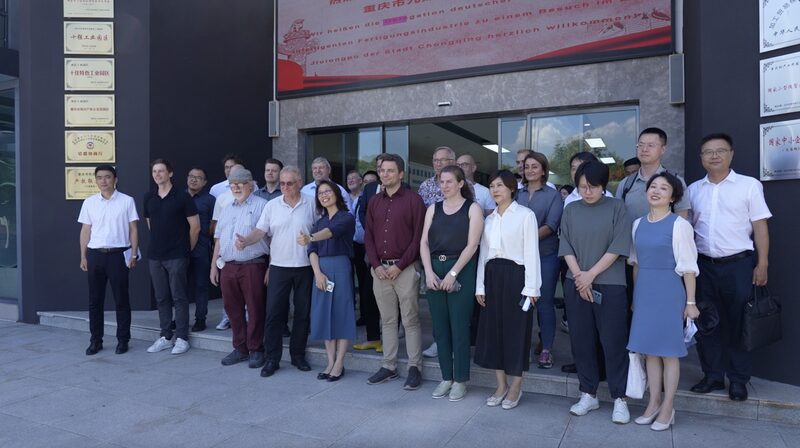China's latest reforms to boost foreign investment and streamline cross-border travel are reshaping global economic dynamics, with experts highlighting their alignment with the Belt and Road Initiative (BRI) to create a more interconnected world economy. The removal of manufacturing sector restrictions and expanded visa-free access policies aim to unlock domestic and international market potential while fostering innovation-driven growth.
Unleashing Economic Potential
Yang Hangjun of the University of International Business and Economics notes: "These measures demonstrate China's commitment to institutional opening-up, creating predictable conditions for businesses worldwide." The reforms coincide with increased BRI-driven infrastructure projects, including over 1,600 China-Europe Railway Express freight routes in 2023 alone.
BRI: A Catalyst for Global Connectivity
Xu Tianqi from Renmin University emphasizes the initiative's evolution: "The Digital Silk Road and green energy partnerships now account for 40% of BRI engagements, helping developing nations bridge technological gaps." Recent collaborations in Southeast Asia and Africa highlight renewable energy plants and smart city projects designed to enhance regional self-sufficiency.
Analysts suggest these parallel strategies – domestic reform and international cooperation – position China as a stabilizer in global supply chains while offering investors diversified opportunities in emerging tech and sustainable development sectors.
Reference(s):
cgtn.com

